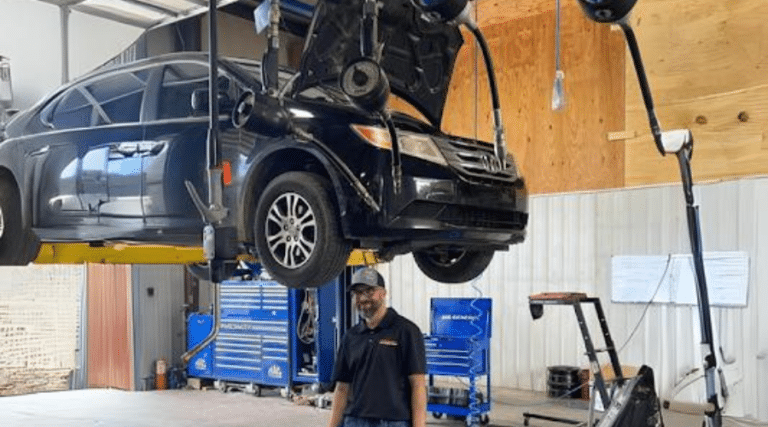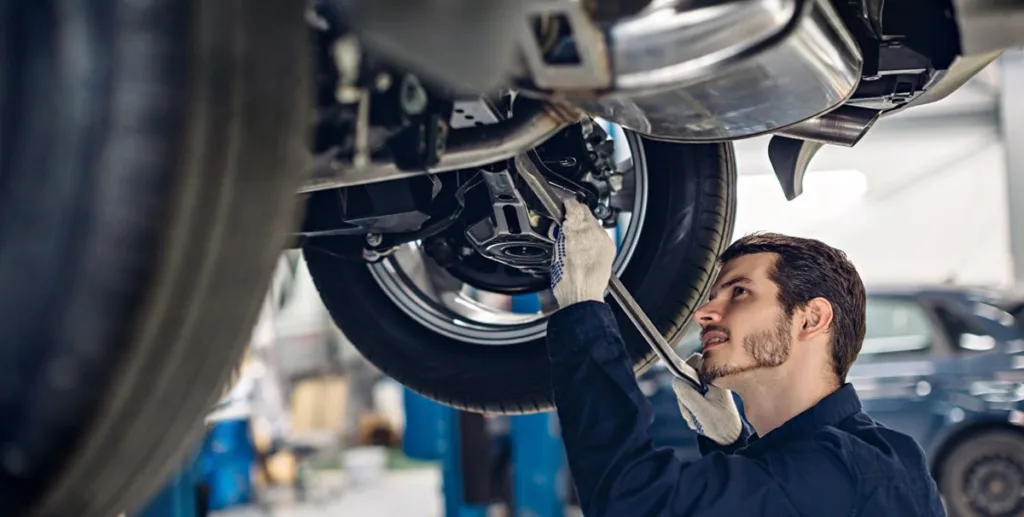All Categories
Featured

[/image]
Routine engine tune-ups are essential for preserving your automobile's efficiency, boosting gas performance, and extending its life-span. Whether you're a seasoned automobile owner or a beginner, recognizing the crucial aspects of an engine tune-up can aid you maintain your automobile running smoothly for years. Below are some vital suggestions to direct you with the process.
- Change the Flicker Plugs. Ignition system are little but magnificent elements that play a crucial duty in firing up the fuel-air mix in your engine. With time, they can put on out or come to be fouled, causing inadequate engine performance, lowered fuel performance, and tough begins.
During a tune-up, examine your ignition system for wear and change them as essential. For the majority of cars, ignition system should be replaced every 30,000 to 100,000 miles, depending on the type and material. Fresh ignition system make certain efficient burning and smoother engine operation.
- Check and Change the Air Filter. The air filter is your engine's very first line of protection against dust, debris, and other pollutants. A clogged or filthy air filter can limit air movement, triggering your engine to function more challenging and take in more gas.
Inspect your air filter throughout a tune-up and change it if it's dirty or past its recommended service interval. A clean air filter improves engine effectiveness and boosts fuel economy.
- Inspect the Gas System. Over time, your gas system can accumulate dirt and carbon deposits, reducing engine performance and fuel effectiveness. Cleaning up the gas injectors and fuel lines throughout a tune-up aids keep correct gas delivery and burning.
You can make use of a gas system cleaner or have a specialist mechanic do a much more complete cleansing. This step is particularly useful for older vehicles or cars and trucks frequently driven in stop-and-go web traffic.
- Check the Belts and Tubes. Belts and pipes are essential for various engine features, such as running the alternator, water pump, and a/c. Throughout a tune-up, check for cracks, fraying, or indications of wear on these components.
Replace any damaged belts and hoses to avoid prospective breakdowns. A damaged belt or leaking hose pipe can cause engine getting too hot or loss of power, so dealing with these issues without delay is important.
- Change the Engine Oil and Oil Filter. Engine oil is crucial for lubricating relocating components, reducing rubbing, and managing engine temperature. With time, oil becomes contaminated and loses its efficiency.
As component of a tune-up, change the engine oil and oil filter. Make use of the type of oil advised by your vehicle's manufacturer and stay with the recommended modification periods. Tidy oil maintains your engine running smoothly and avoids premature wear.
- Evaluate the Battery and Billing System. A healthy and balanced battery is important for beginning your auto and powering its electric systems. During a tune-up, inspect the battery's voltage and inspect the terminals for rust. Tidy the terminals if needed and guarantee a safe link.
Furthermore, test the generator and billing system to guarantee your battery stays charged throughout operation. If your battery is weak or old, think about replacing it to prevent unforeseen failures.
- Flush and Fill Up the Coolant. The cooling system manages your engine's temperature, avoiding it from overheating. Old or polluted coolant can lose its efficiency, bring about potential engine damage.
During a tune-up, purge the old coolant and change it with a fresh combination. Inspect the radiator, thermostat, and tubes for leaks or damage. Keeping the air conditioning system in great problem ensures your engine runs at the appropriate temperature level.

- Address Warning Lights and Uncommon Symptoms. Modern lorries are outfitted with analysis systems that signal you to possible concerns through dashboard warning lights. If your check engine light or any type of other cautioning signs get on, resolve them during your tune-up.
In addition, take note of uncommon signs and symptoms such as odd noises, harsh idling, or decreased fuel effectiveness. A professional mechanic can diagnose and solve these issues throughout the tune-up process.
- Do Not Fail To Remember the Exhaust System. Your car's exhaust system gets rid of harmful gases from the engine and makes sure proper exhausts. Inspect the exhaust system for leaks, rust, or damage during a tune-up. A damaged exhaust system can affect engine performance and lead to environmental and safety and security issues.
- Usage High-Quality Parts and Fluids. When replacing components or complementing liquids throughout a tune-up, constantly go with top quality products that fulfill your automobile's specifications. Making use of poor parts or inaccurate liquids can negatively impact your engine's efficiency and long life.
Verdict: Normal Tune-Ups Are Trick to Engine Wellness. Making the effort to tune up your engine guarantees it operates successfully, saves gas, and minimizes the risk of malfunctions. Whether you carry out these tasks on your own or rely upon a relied on auto mechanic, normal tune-ups are an investment in your vehicle's dependability and long life. Comply with these suggestions, and you'll appreciate a smoother, extra reliable trip for years to find.
Latest Posts
Explore WyHy FCU – Top Benefits for Your Financial Future
Boost Your Home's Outside with Weathercraft's Exterior siding Solutions
Don’t Miss Special Auto Repair Offers in Chicago at Montclare Auto Repair